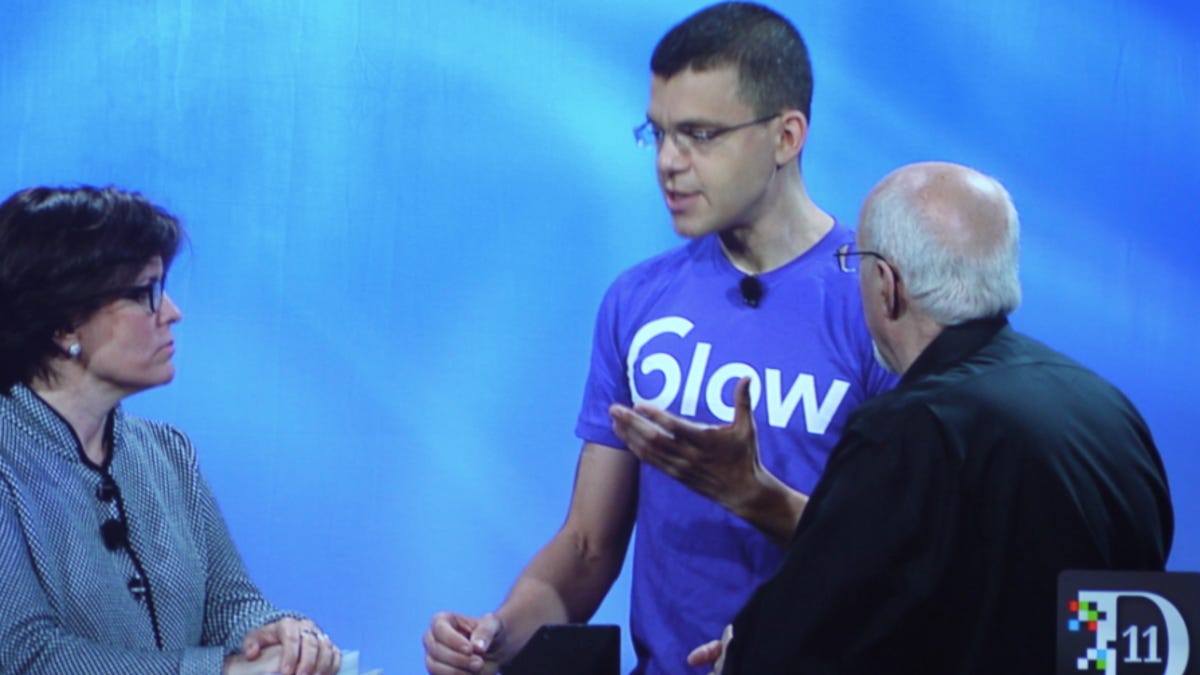Trying to get pregnant? Fertility, fitness apps team up to help
Glow, the app founded by Max Levchin that helps women trying to conceive, announces a partnership with popular app MyFitnessPal to try to increase the odds of conception.

Glow is in the data business. But unlike many companies in the data science field -- a hot sector in Silicon Valley right now -- Glow's data sets can be intensely personal.
That's because the app helps couples trying to have babies.
To do that, the app -- co-founded by PayPal co-founder Max Levchin -- asks questions you might otherwise discuss only with, well, a fertility doctor: ovulation patterns, emotional distress levels, your morning temperature. The app takes that info, then each day gives you a percentage score, telling you how fertile you are on that certain day.
The company is adding one more (less intrusive) data set to the mix: fitness. On Thursday, Glow announced a partnership with popular health and fitness tracking app MyFitnessPal. That app lets users keep a diary of their daily diet and search through a database of over 3 million foods to find information on each item.
The idea is that having a body mass index -- a measurement based on a person's height and weight -- within the normal range will increase fertility.
"When it's too high or too low, it causes irregularities in menstrual cycles or ovulation," said Mike Huang, Glow's co-founder. According to the American Society for Reproductive Medicine, a BMI of between 19 and 24 is considered normal.
Glow users who already use MyFitnessPal can sync their two accounts, so Glow can cull data from the fitness app. Huang said that the app can also flag individual foods that have been logged into MyFitnessPal's food diary as deemed bad for women trying to get pregnant. (For example, skim milk, Huang said, is a no-no.) Glow was unveiled in May at the AllThingsD conference, but hasn't shared any metrics since then.
The company is also trying to help women dealing with fertility issues in another way. With the Glow First program, users contribute $50 to a pool, and if, after 10 months, couples don't get pregnant, the pool money goes to them to seek a fertility specialist. Levchin contributed $1 million of his own money to kick-start the fund.
For Huang, the company's mission hits home. He said he was compelled to look at helping solve the problems tied to infertility after he and his wife tried unsuccessfully for a year to have a child.
The fitness deal is the company's first official partnership, but Huang said he'd like to explore other areas that may affect fertility as well, such as genetics.

